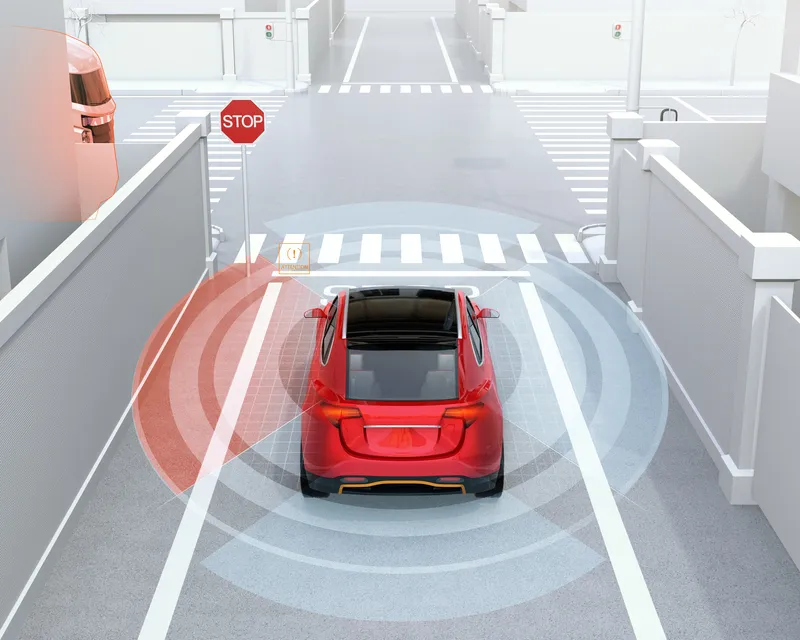Swedish electric vehicle manufacturer NEVS is using technology from Phantom Auto to improve the safety of passengers in its electric autonomous vehicles (AVs). Phantom Auto’s teleoperation system allows a remote human operator to take control of the vehicle in situations which an AV cannot handle on its own - such as inclement weather, road work and other road obstructions. The remote operator sits in front of a series of screens, has a 360-degree view of the AV’s surroundings and can take control at any
June 11, 2018
Read time: 1 min
Swedish electric vehicle manufacturer NEVS is using technology from Phantom Auto to improve the safety of passengers in its electric autonomous vehicles (AVs). Phantom Auto’s teleoperation system allows a remote human operator to take control of the vehicle in situations which an AV cannot handle on its own - such as inclement weather, road work and other road obstructions.
The remote operator sits in front of a series of screens, has a 360-degree view of the AV’s surroundings and can take control at any time.









